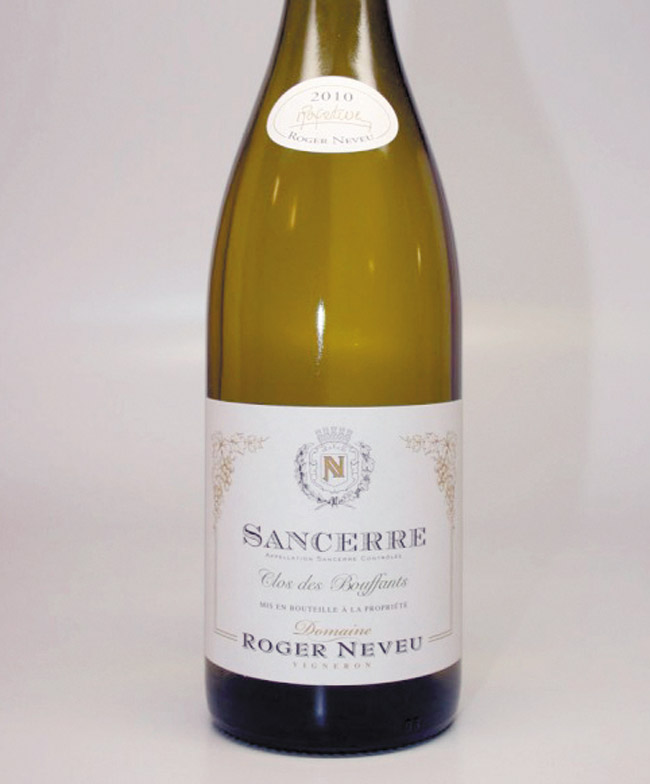Tidbits From A Tasting Trip To France
Just coming back from France, I have a few little tidbits I wanted to share with you, from some of the kookiest things I have heard to some funny anecdotes that just make you laugh.
Here is one about the “pleasure police.”
In case you thought that they only exist in the U.S., there was a dubious French law passed in 2007 that seeks to disassociate any suggestion of pleasure from drinking wine from any of the names that are found on the label.
Huh? What?!
So, for instance, one of the wines that we tasted at Domaine Roulot, one of Burgundy’s leading producers in the village of Meursault, has a wine from a vineyard named Les Tessons Clos du Mon Plaisir. This translates into “vineyard of my pleasure.”
Under this law, and its growing interpretation, the word Plaisir would be banned from the label.
I would assume that this also would extend to some of the other vineyard names and labels, many of them Premier and Grand Cru stature. Charmes-Chambertin, les Charmes (charms), Les Amoureuses (the lovers), Montrecul (showing the butt), etc., would be prohibited from being listed on the label.
Don’t these legislators have anything better to do? And what would they replace these names with? This is rubbish in my book. • We have been hearing for some time now that there may be a vineyard in the village of Nuits Saint Georges that is being considered for elevation from Premier Cru to Grand Cru status.
As nothing moves very quickly in dealings such as this in France, I have been hearing about this for five years now.
The vineyard name is ß. When the subject came up at one of the domains in Nuits Saint Georges, someone asked when this elevation might occur. And in true, timeless Burgundian fashion, the producer shrugged his shoulders and said, “It could be before I retire or for the next generation. No one knows.”
Things do not move quickly at all in Burgundy (except French drivers).
• In France, there is a legal winemaking technique that winemakers can use to increase the alcoholic content of a wine, should they choose to do so in years where the ripeness levels in the grapes fall short of the winemakers’ desire. It is called chaptalization, named after Jean-Antoine-Claude Chaptal, the chemist who developed the technique. In some eyes this is akin to cheating, and is a way to correct the deficiencies of a harvest. As I walked into the cellar of one domain that will go unnamed, I noticed several large white bags of a powdery substance. I surmised that it might be sugar intended for just such a purpose. Apparently, I was not the only one who saw the bags, and someone actually asked the winemaker what it was. He replied with a smile and an infectious laugh that it was simply “powdered sunshine.”
The French do have a way with words.
Recommendation: 2013 Roger Neveu Sancerre ($23) This mineral-laden beauty is effortless and light. The grapefruit and green accents are to remind you that this wine is for food. It is terrific with crab-legs or anything crustacean. You can find this at R. Field Wine Company.
Roberto Viernes is a master sommelier.
rviernes@ southernwine.com
Twitter: @Pinotpusher






